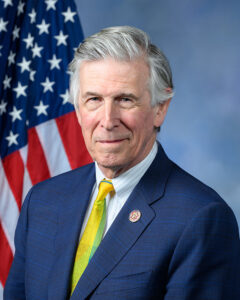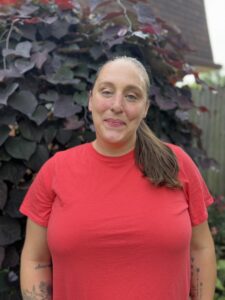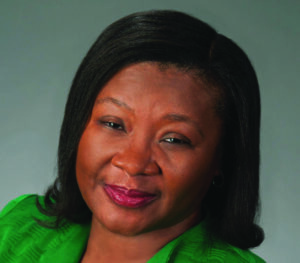The Arlington-Falls Church Commonwealth Attorney’s Office and Circuit Court Clerk hosted their first ever Expungement Clinic designed to help eligible individuals clear their arrest records if found innocent or their charges were dropped or dismissed.

The clinic, held at the Arlington Presbyterian Church, was aimed at helping Virginians eligible for an expungement of their arrest records if they were acquitted, if the Commonwealth’s Attorney dropped their case, or if the case was otherwise dismissed without a finding of guilt. Many do not know this, or anything about it, and thus are saddled with an arrest record that can prevent them from securing jobs, housing or other benefits.
Parisa Tafti, the Commonwealth’s attorney for Arlington-Falls Church, spearheaded the idea of the clinic based on her stated platform of offering “second chances” and rehabilitation. Having created various diversion programs as an attorney and seeing that the public defender’s office in D.C. held a clinic “on a regular basis,” she said it was time for Arlington and neighboring communities to help the public in this way.
“Virginia is very limited in what you can expunge,” Tafti told the meeting last weekend. “[An arrest record] is like an albatross, a scarlet letter or a weight on one’s chest.”
With the help of Paul Ferguson, the clerk of the circuit court for Arlington-Falls Church, Tafiti said the goal of Saturday’s clinic is for people to have a “better understanding of whether or not and if so, how they can expunge their record.”
She stated the navigation, process and procedure of an expungement can be challenging for both filers and attorneys, along with paying the fines or fees for filing an expungement.
Originally set to happen a few years back before the pandemic hit, Ferguson said another big factor of the creation of the clinic was to host it at a place close to where locals live and where people don’t have to go through the formal security, unlike what it takes to get into the courthouse to apply for an expungement. Normally, one has to go to a circuit court clerk’s office and then have their case reviewed and handled by the Commonwealth attorney, who recommends whether or not the expungement should be granted, before a judge ultimately decides.
Although the event began at 11:00 a.m last weekend, a line of people seeking to get their records expunged formed outside the clinic starting around 9:30 a.m. By the end of the event, Tafti said the clinic saw 39 people come in, with 19 petitions being filed on behalf of 12 people. This came as a surprise to Ferguson, he told the News-Press, saying he was unsure if anybody would use the clinic, even though the event was publicized.
“There’s clearly an interest and this is the first year,” Ferguson said. “Hopefully we’ll do this, if not every year, [but] maybe twice a year and try to get more people to take advantage of what is their right to apply for an expungement.”
On hand at the event were a number of local nonprofit organizations, prominently Arlington For Justice which provided the upfront funding for the event. Other nonprofits present were Restorative Arlington, Bridges to Independence, Arm & Arm, the League of Women Voters of Arlington and Alexandria, Spread the Vote, Project ID, Mid-Atlantic Innocence Project and OAR. The organizations were there to support the clinic and offer services in restorative justice diversion, housing, voter registration, wrongful convictions and to “empower and amplify the voices of marginalized communities.”
The Arlington Presbyterian Church hosted the event after pastor Ashley Goff had a conversation with Tafti about what they wanted to do together to positively impact the community, Tafti told the News-Press. She suggested the idea of an expungement clinic, and Goff quickly offered the church as a host for the event.
“This is an expression of our core values as a religious community,” Goff told the News-Press. “To be a part of the community and to create freedom and expansiveness for people is part of our work.”
Goff said she hoped the clinic would help people find greater freedom and thus to have more choices about their personal lives, such as being able to rent an apartment and to get a driver’s license.
Carolyn Burrell, one of the church’s parish associates and a volunteer for the clinic, said she talked to a person at the event who had been trying to receive an expungement for over 23 years.
Tafti said the application involves people having to get their fingerprints taken at the sheriff’s office for their cases to be considered filed ,and the court will docket the motions and have further hearings on the filing.












